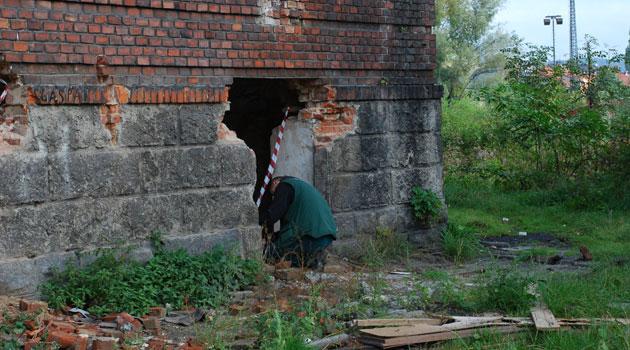Czech Republic: More cases of dysentery in Ostrava area

The number of cases of contagious bacillary dysentery in the Ostrava area is rising. The disease began to spread in mid-August, particularly among people living in buildings in disastrous condition and in residential hotels. The epidemic has not been stopped yet. Both adults and children are falling ill. During the last week alone, 12 people, most of them children, caught the disease.
Irena Martinková, head of the Anti-Epidemic Department of the Regional Hygiene Station, said a total of 104 people had fallen ill to bacillary dysentery as of last Friday, 12 of them from Bohumín and 92 of them from Ostrava. Patients whose laboratory tests show they have been infected end up in short-term isolation in the Infectious Diseases Department of the Ostrava Teaching Hospital and hygienists immediately inform their relatives that they must follow basic hygienic principles, but the fight against the infection is being waged in vain so far.
Most of those who are ill live in overcrowded residential hotels in completely unsuitable hygienic conditions, with only three shared toilets available for every five to 10 apartments, for example.
Lydie Poláčková, a member of the Czech Government Inter-ministerial Commission for Romani Community Affairs, commented on the epidemic as follows: "Unfortunately, the number of dysentery patients here in Ostrava continues to rise. On Friday they just took eight people to hospital from the residential hotel in Svinov, and a sign warning of an outbreak of the disease has also been posted on the doors of another residential hotel in Cihelní street. Some of the people now living in that residential hotel just moved away from the buildings on Přednádraží street which have been such an ongoing cause for concern."
Hygienists and regional government representatives from Bohumín and Ostrava met on Friday in the Regional Authority building with nonprofit organizations providing social services in Romani localities to discuss the epidemic. Nonprofit representatives agreed their field social workers would divide the localities among themselves and would focus on preventive measures so that all bases are covered.
A resolution to the situation cannot be achieved by those involved unless hygienic rules are strictly followed. However, for that to happen, the residential hotel owners must create conducive conditions in their buildings.